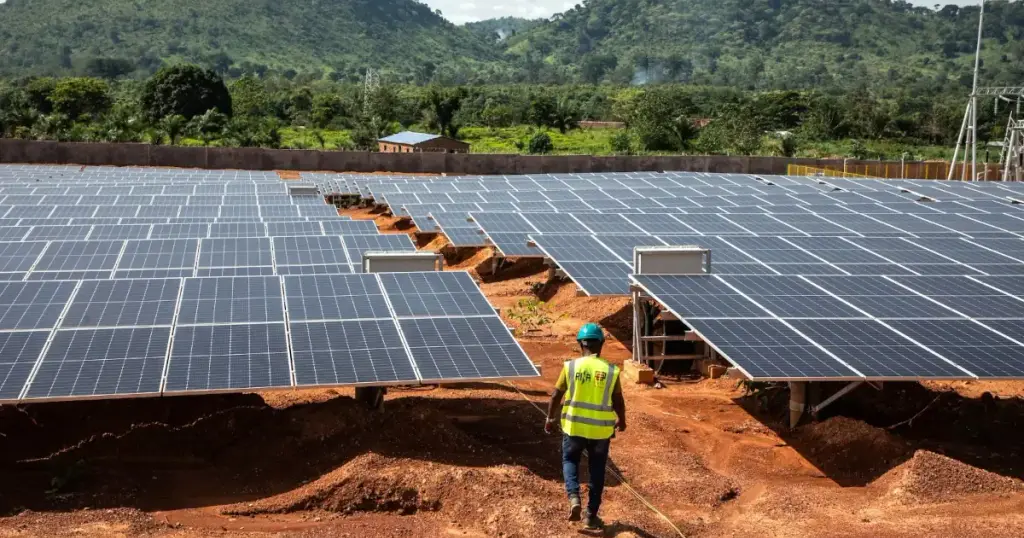Longevity, influence and the social media trap: Who do we trust with our health?
In a world where six-pack abs are flaunted more than six-point health plans, who are we really trusting […]

In a significant move towards sustainable energy, Sub-Saharan Africa is set to experience substantial growth in renewable capacity, with a forecasted addition of nearly 64 GW from 2023 to 2028.
This projection, more than doubling the region's existing installed capacity, has been revised upward by almost 20%, primarily due to the expansion efforts in South Africa, accounting for nearly half of the region's additions.
Aside from South Africa, Ethiopia anticipates over 6 GW of additional capacity driven by hydropower, while Nigeria is set to add 5 GW through distributed solar PV. Angola and Kenya are expected to contribute over 2 GW each to the region's new renewable capacity, an IEA report projects.
The report further highlights that solar PV and wind sources make up nearly 80% of the new additions across the market, predominantly led by South Africa's influential auction program and the expanding use of industrial and residential solar PVs.
However, with South Africa excluded, the regional forecast experiences a 5% reduction due to the absence of support programs and limited project pipelines. Many countries heavily rely on large-scale hydropower, with Angola, Ethiopia, and Tanzania showcasing significant dependence on hydropower for their renewable energy expansion.
The report titled ‘Renewables 2023: Analysis and Forecast to 2028’ further notes, amongst others, that “low network capacity is thus a major forecast challenge, as projects may need to wait years for grid connection or may be forced to cancel due to lack of network access.” Thus, accelerating renewable energy capacity growth necessitates investment in new projects and infrastructure development.
The region faces inconsistent policies, off-taker risks, land access issues, and currency fluctuations. The accelerated case suggests that effective policies, coupled with development bank and international aid agency-enabled programs, could yield nearly 30% higher additions than the main case.
To generate viable solutions, the report highlighted collaborative efforts between financiers and governments as crucial to overcoming challenges related to off-taker risks, land access, currency fluctuations, and a lack of enabling infrastructure.
The report further underscores the need for sustained collaboration, infrastructure development, and innovative solutions to overcome hurdles and realize the full potential of renewable energy across the continent.

In a world where six-pack abs are flaunted more than six-point health plans, who are we really trusting […]

In the era of social media, post-COVID, and with mental health at the forefront, a shift is taking […]